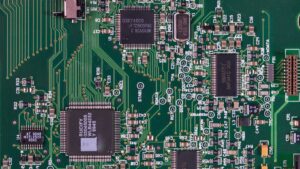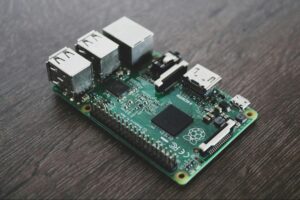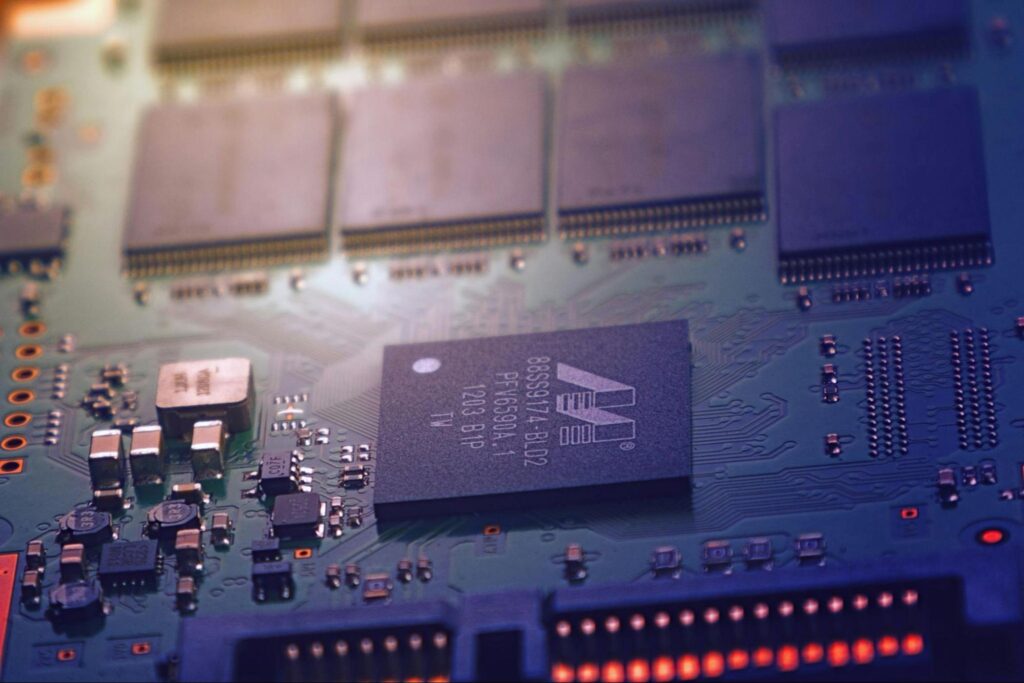Fast Technology
Fast technology refers to the rapid advancements and innovations in the tech industry that lead to quicker processes, enhanced productivity, and seamless user experiences. It encompasses the development of cutting-edge solutions that prioritize speed, efficiency, and real-time functionalities to meet the demands of today’s fast-paced digital world.
The evolution of speed in technology has transformed the way we interact with devices and access information. From the early days of dial-up internet to today’s lightning-fast 5G networks, technology has continually pushed the boundaries of what is possible in terms of speed and connectivity. This evolution has paved the way for instant communication, high-speed data transfers, and real-time decision-making, shaping a more interconnected and efficient global society.
Impact of Fast Technology on Society
Fast technology has significantly shaped daily lives, making tasks quicker and more efficient. From smart devices simplifying communication to instant access to information transforming how people learn and work, fast technology has become intertwined with everyday activities. For instance, mobile applications streamline various functions like banking, shopping, and transportation, enhancing convenience and productivity.

Rapid technological development has brought forth a myriad of both advantages and disadvantages. On the positive side, it has accelerated progress in various industries, leading to enhanced efficiency, innovation, and economic growth. For instance, advancements in artificial intelligence have revolutionized sectors such as healthcare, transportation, and finance, offering tailored solutions and improving overall service quality. Tools such as AI slideshow maker have also emerged, making it easier to create professional presentations quickly, which is especially useful in educational and business settings. Moreover, fast technology has facilitated global connectivity, allowing people worldwide to communicate, collaborate, and share information seamlessly. On the flip side, the rapid pace of technological change can result in job displacement, privacy concerns, and digital divide issues.
Fast Technology in Different Industries
The Automotive Sector

In the automotive industry, fast technology has revolutionized vehicles’ performance, safety, and connectivity. With the advent of autonomous driving features, cars can now make split-second decisions to enhance road safety. Real-time data analytics further optimize fuel efficiency and maintenance schedules, improving overall vehicle performance. The integration of fast technology also enables seamless connectivity, offering features such as in-car entertainment, navigation, and remote diagnostics.
Healthcare Innovations
Fast technology has brought about groundbreaking innovations in healthcare, improving patient care, diagnosis, and treatment outcomes. Telemedicine has enabled remote consultations, reducing the need for in-person visits and enhancing accessibility to healthcare services. Wearable devices and IoT sensors provide real-time health monitoring, allowing for early detection of health issues. Additionally, advanced data analytics support personalized medicine, optimizing treatment plans based on individual patient data.
The Tech-Driven Financial Scene
In the financial sector, fast technology has transformed traditional banking and investment practices. Fintech solutions offer quick and secure payment options, making transactions more efficient and convenient for users. Algorithmic trading powered by fast technology enhances market efficiency, executing trades at high speeds based on complex algorithms. Furthermore, blockchain technology ensures secure and transparent transactions, revolutionizing how financial data is stored and accessed.
The Future Landscape of Fast Technology

Fast technology is poised to further revolutionize the way industries operate, with experts predicting several trends that will shape the future technological landscape. One key prediction is the rise of edge computing, where data processing is done closer to the source, enabling faster response times and reduced latency. This shift will be crucial for applications requiring real-time data analysis, such as autonomous vehicles and augmented reality experiences.
Another significant trend on the horizon is the widespread adoption of 5G technology. As 5G networks continue to expand globally, they will unlock new possibilities for ultra-fast connectivity, enabling futuristic advancements like smart cities, IoT devices, and seamless remote work experiences. The higher speeds and low latency of 5G will catalyze innovations across various sectors, enhancing efficiency and creating new business opportunities.
Embracing the speed of tomorrow requires proactive preparation and adaptation to emerging technologies. Businesses across industries must invest in digital transformation initiatives to leverage the full potential of fast technology. This involves creating agile infrastructures that can accommodate rapid changes, implementing cybersecurity measures to protect sensitive data in high-speed environments, and fostering a culture of innovation to drive continuous evolution.

